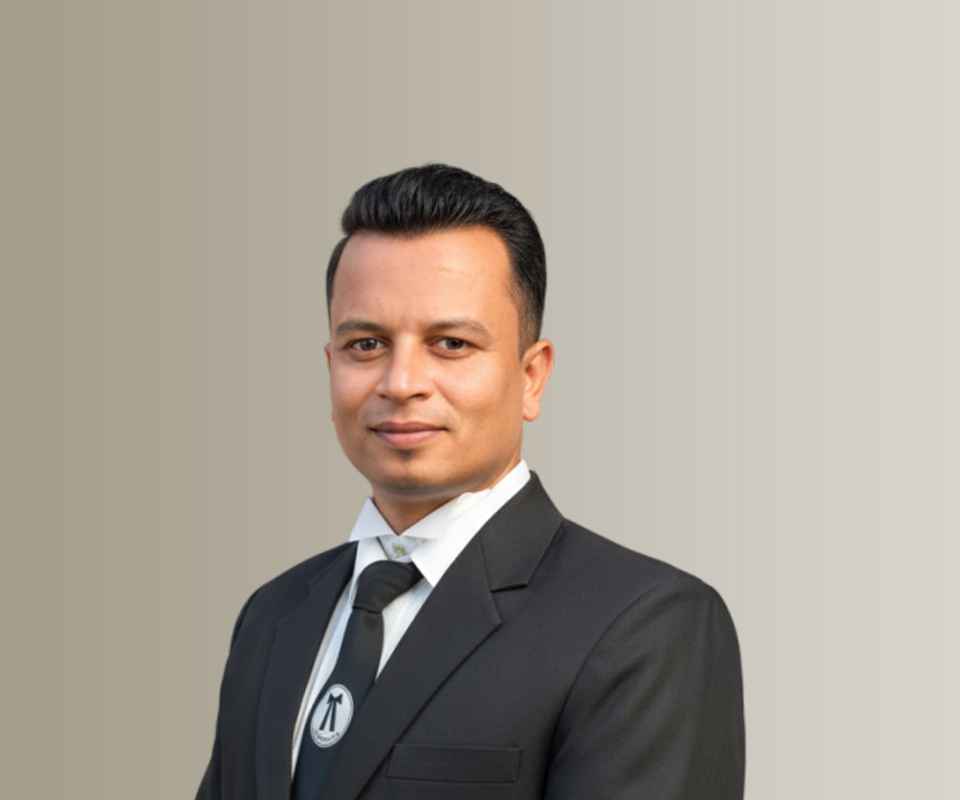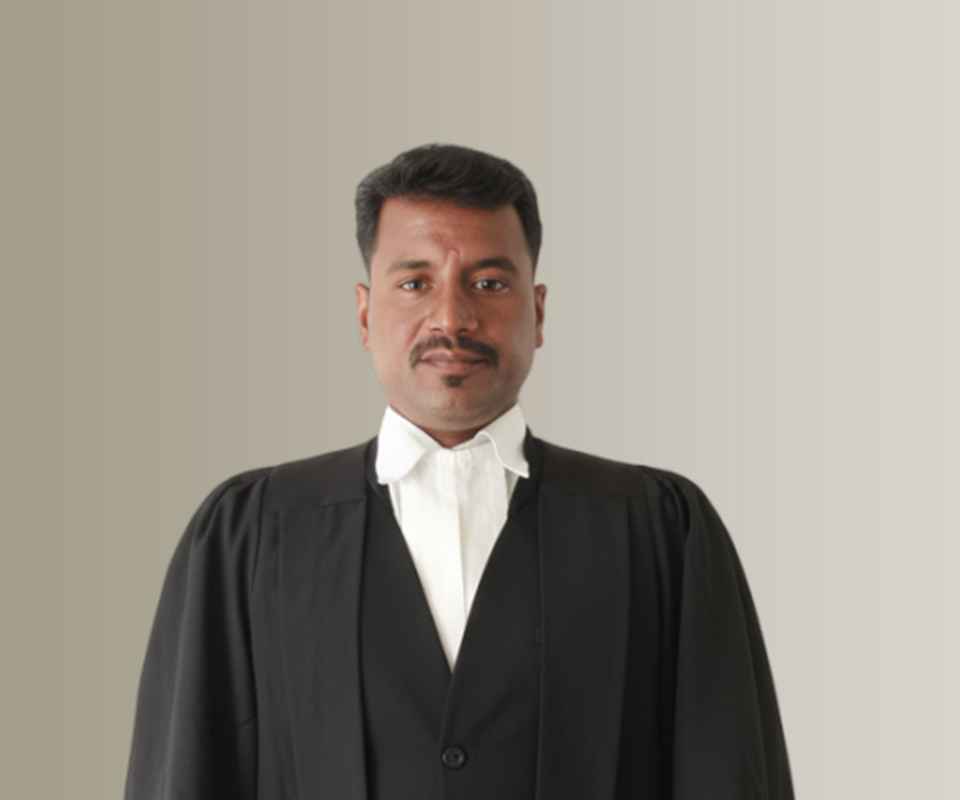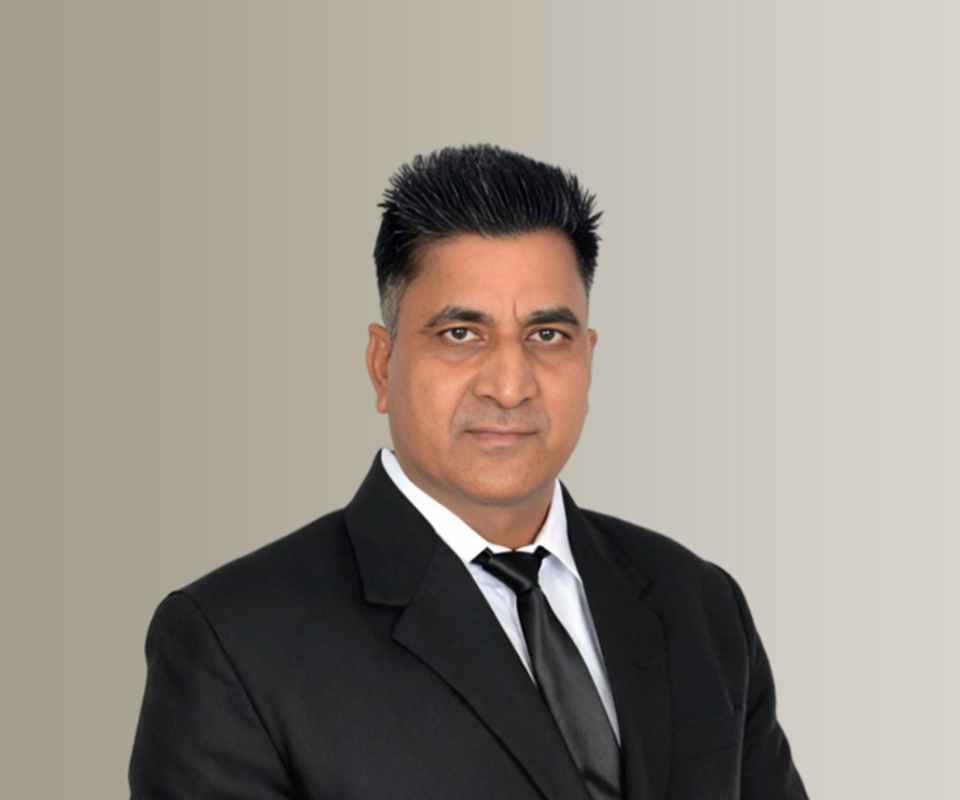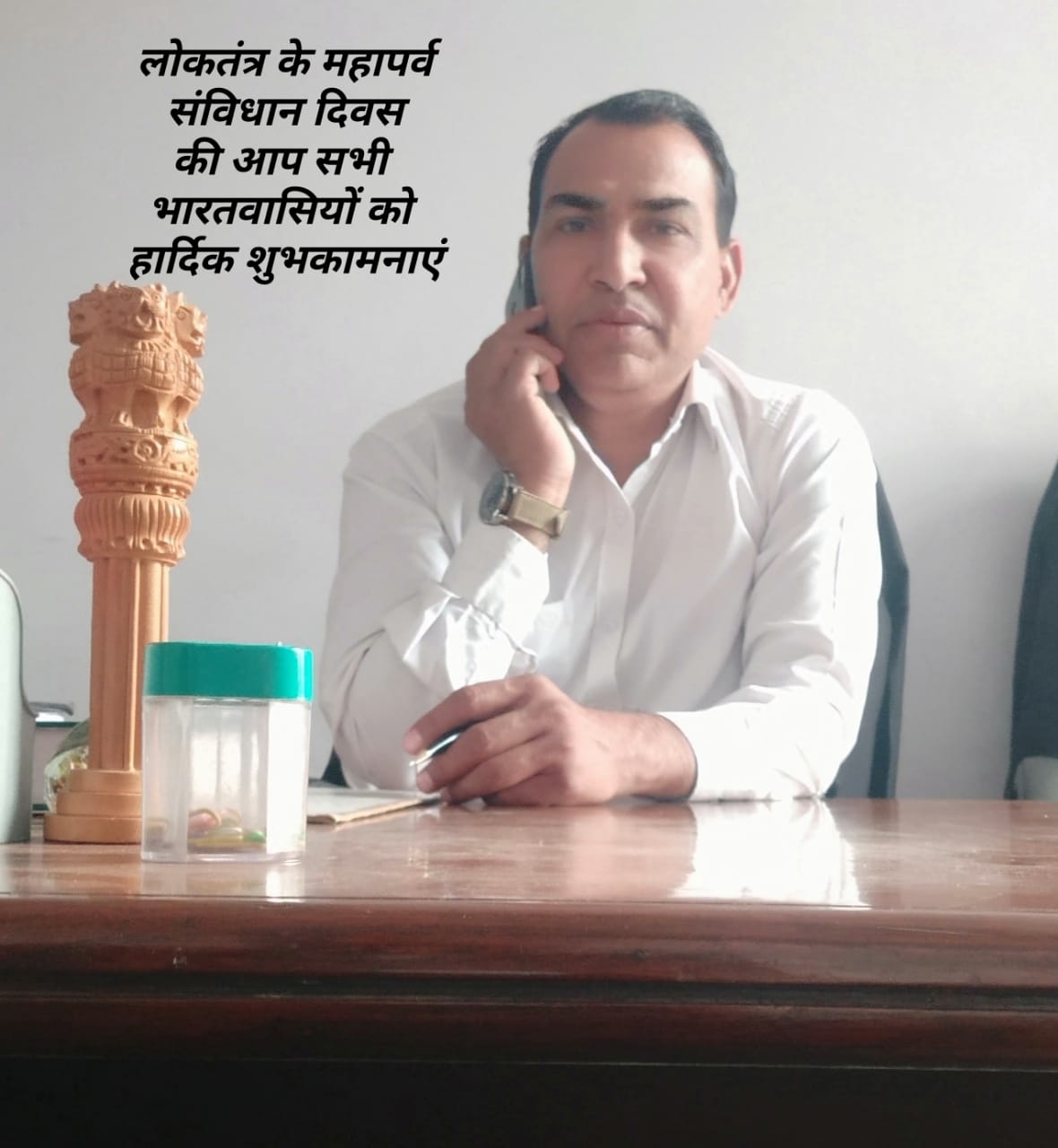Answer By law4u team
The President of India holds a significant position in the country's constitutional framework, serving as the ceremonial head of state and the highest authority in the executive branch. The President's powers are derived from the Constitution and can be categorized into several key areas.
1. Executive Powers
- Appointment Powers: The President appoints the Prime Minister and, on their advice, appoints other ministers. The President also appoints governors of states, the Attorney General, and other key officials.
- Administration: The President oversees the administration of the central government and ensures that laws are faithfully executed.
2. Legislative Powers
- Summoning and Proroguing Sessions: The President summons and prorogues Parliament sessions and can dissolve the Lok Sabha.
- Assent to Bills: The President has the power to give assent to bills passed by Parliament, return them for reconsideration (except money bills), or withhold assent.
- Addressing Parliament: The President addresses both houses of Parliament at the commencement of the first session after each general election and the first session of each year.
3. Judicial Powers
- Granting Pardons: The President has the authority to grant pardons, reprieves, respites, or remissions of punishment under Article 72 of the Constitution.
- Appointment of Judges: The President appoints the Chief Justice and other judges of the Supreme Court and High Courts based on the recommendations of the Prime Minister and the Chief Justice.
4. Diplomatic Powers
- International Agreements: The President represents India in international forums and affairs and is responsible for ratifying international treaties and agreements.
- Ambassadors and High Commissioners: The President appoints ambassadors and high commissioners to other countries.
5. Military Powers
- Supreme Commander of Armed Forces: The President is the supreme commander of the Indian Armed Forces and has the authority to declare war or conclude peace, subject to parliamentary approval.
Summary
The President of India exercises a range of powers, including executive, legislative, judicial, diplomatic, and military functions. These powers ensure the effective functioning of the government and uphold the Constitution.







